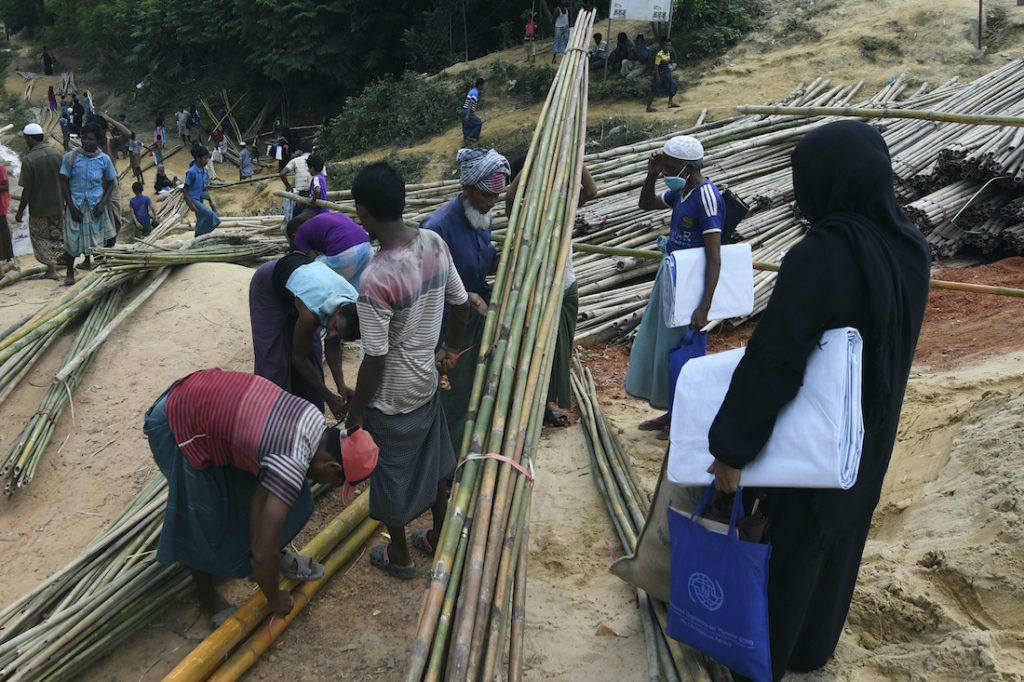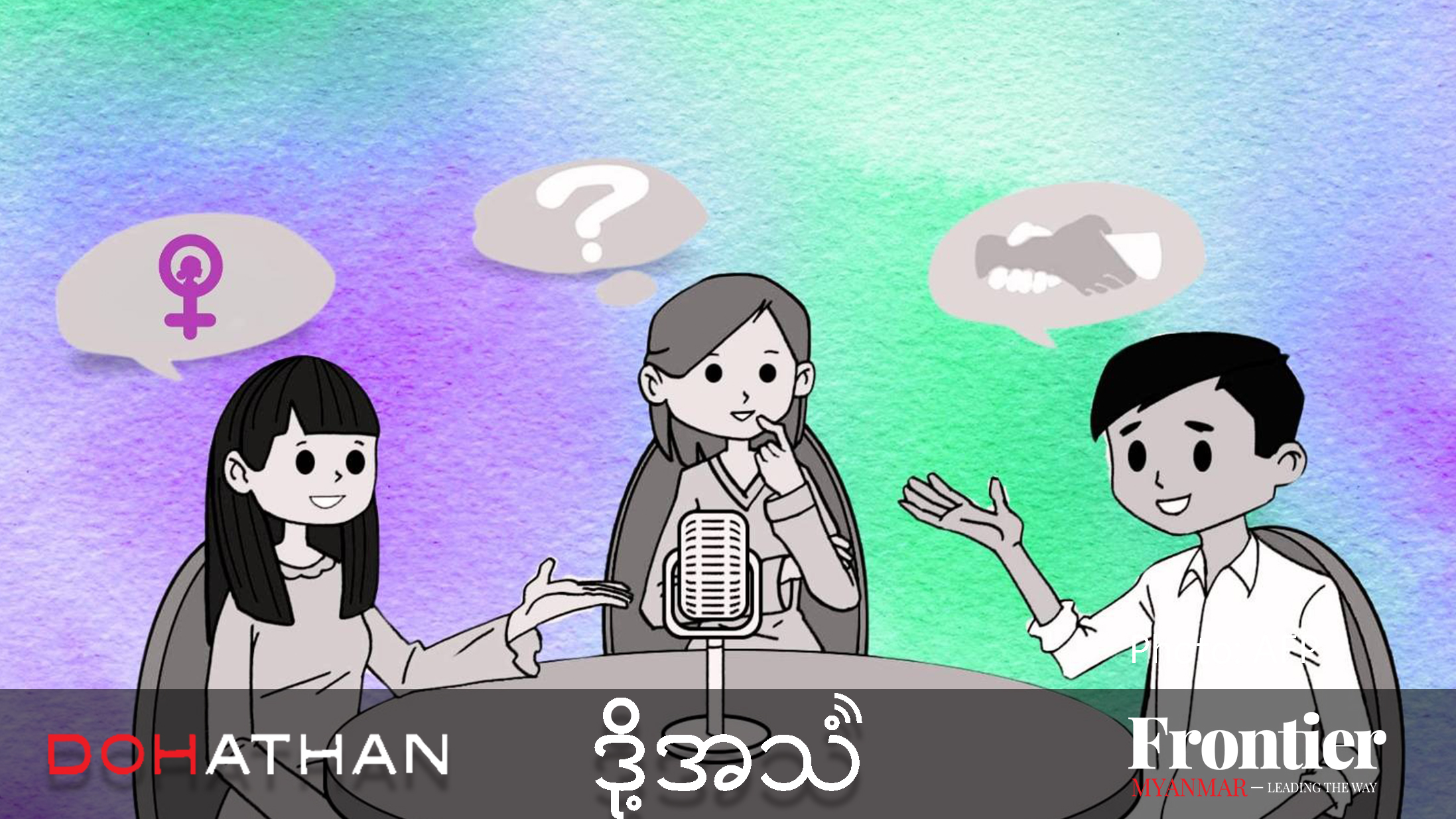The UN called the conference a response to a “dramatic shortfall” in aid funding for what it has previously described as one of the most persecuted minorities in the world.
By AFP
A virtual international donor conference will be held on Thursday to address a “dramatic shortfall” in aid funding for Rohingya refugees, the UN said.
The United Nations Refugee Agency said Tuesday that the conference was being called “to meet urgent humanitarian needs of forcibly-displaced Rohingya both inside and outside Myanmar”.
The UN has appealed for more than $1 billion to meet the humanitarian needs of Rohingya refugees in Bangladesh, where more than 800,000 are sheltering in sprawling camps, having fled across the border.
However, the response is facing a “dramatic shortfall”, said UNHCR spokesman Andrej Mahecic.
“Less than half of the requested funds have been received so far,” he told reporters at the UN in Geneva.
The virtual conference, scheduled to run from 1200 GMT to 1430 GMT, is being co-hosted by UNHCR, the United States, Britain and the European Union.
Mahecic said the situation needed “stronger international support and a redoubling of efforts to find solutions for this stateless and displaced population.
“The spread of the Covid-19 pandemic has added layers of new challenges and needs to an already complex and massive refugee emergency.”
The UNHCR said 860,000 Rohingya refugees were living in camps across Bangladesh’s southeastern Cox’s Bazar district.
Some 740,000 fled across the border during a 2017 military offensive in Myanmar, for which its government faces genocide charges at the UN’s top court.
Other countries in the region host some 150,000 Rohingya refugees, while an estimated 600,000 live in Myanmar’s Rakhine State.
“Across the entire region, most Rohingya live on the margins of society and they need to be assured access to basic healthcare, clean drinking water, a reliable food supply, or meaningful work and educational opportunities,” said Mahecic.
“The Covid-19 pandemic has worsened their living conditions.”
The Rohingya are widely seen as illegal immigrants in Myanmar, denied citizenship and stripped of rights.
Myanmar’s military has always justified its 2017 operations as a means to root out Rohingya militants after attacks against around a dozen security posts and police stations.
“The focus of the search for solutions to this crisis must be on the voluntary, safe, dignified and sustainable return of Rohingya refugees and other displaced people to their homes or to a place of their choosing in Myanmar,” said Mahecic.







